South Sudan
Officials in South Sudan are undertaking efforts to bring clean drinking water to displaced persons in Aburoc in the Upper Nile Region.
The intervention is necessary as the threat of a cholera outbreak looms. UNICEF says continuous conflict has left some 5 million people in the country with no access to safe water, basic sanitation and hygiene.
The situation has led to humanitarian organizations leaving the area but some have remained.
Some 17 aid agencies are providing assistance including food, water, sanitation and medical care as well as shelter.
“Here we drink water from the stream and whenever we use this water for bathing, we get rashes. Like my skin now has a rash. But what can we do? Nobody is able to stay here. We will go to Sudan because in Sudan, the humanitarian assistance is better.” A displaced person said.
A UN humanitarian co-ordinator for South Sudan, Eugene Owusu has called for a
“This needless conflict is creating untold human suffering and all we are doing as humanitarians and even as UNMISS is really dealing with the consequences of a problem. The fundamental problem is conflict. We need to fix the politics; we need to stop this needless fighting. The guns have to stay silent to give the South Sudanese the opportunity to live in peace and prosperity and also to live a life of dignity,” he said.
South Sudan’s civil war of four years old has forced more than 3 million people to flee their homes, creating Africa’s biggest refugee crisis since the Rwandan genocide in 1994.




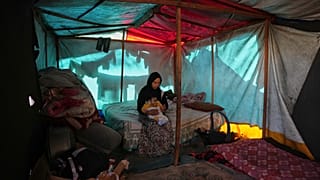

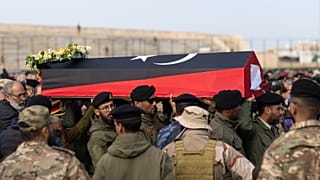
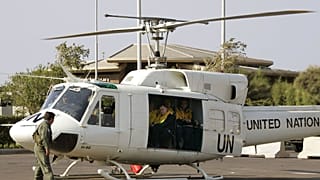
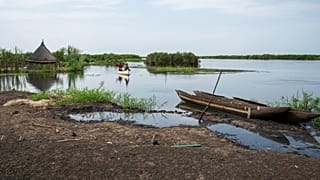
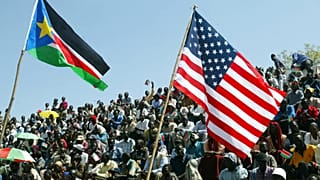


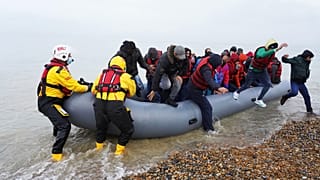
01:32
Anthony Joshua knocks out Jake Paul in 6th round to win heavyweight fight
01:13
Anthony Joshua and Jake Paul make weight ahead of Miami showdown
00:27
Malian refugees turn to firefighting to give back to their communities in Mauritania
01:00
Gaza's displaced struggle with heavy rain and cold weather in fragile tents
01:30
M23 rebels take control of strategic Congo town as peace deal crumbles
02:01
Sudan: RSF capture of Heglig threatens South Sudan's oil exports